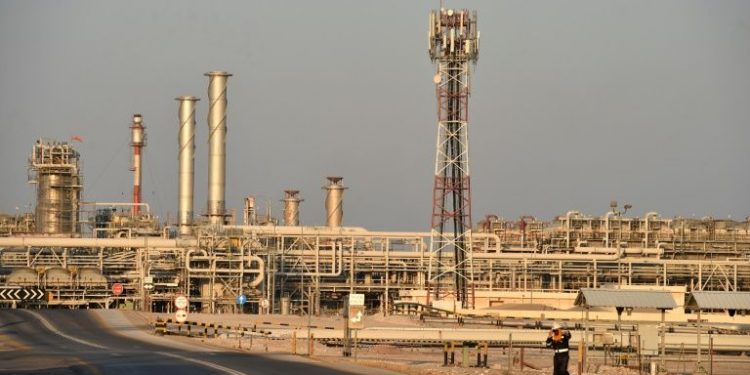Islamabad: Pakistan has not received the oil on deferred payments from Saudi Arabia since May as a deal signed between the two close allies for provision of USD 3.2 billion worth of the fuel under the arrangement expired two months ago.
The USD 3.2 billion Saudi oil facility was part of the USD 6.2-billion Saudi Arabian package announced in November 2018 to ease Pakistan’s external sector woes, the Express Tribune reported Friday.
The agreement expired in May and efforts are being made by the Finance Division to renew the facility, Petroleum Division spokesperson Sajid Qazi was quoted as saying by the paper.
Pakistan is awaiting response from the Saudi government over its request to further extend the facility, he added.
The development comes at a time when Pakistan faces a challenging situation as its IMF programme also remains technically suspended for the last five months. Returning of Saudi loans and expiry of the oil facility could strain the official reserves of the central bank, which are built purely by taking loans, the paper said.
The budget estimates suggested that the government was hoping to receive minimum USD 1 billion worth of oil in fiscal year 2020-21, which started from July.
Pakistan has already returned USD 1 billion Saudi loan — four months ahead of its repayment period, the paper said.
Citing sources, it said Pakistan could also return the remaining USD 2 billion cash loan, subject to availability of a similar facility from China.
The agreement over USD 3 billion cash support and USD 3.2 billion oil facility per annum had the provision of renewal for two more years.
Saudi had rolled over its USD 3 billion loan from between November 2019 and January 2020. The International Monetary Fund (IMF) has termed the rollovers of Saudi Arabian, United Arab Emirates (UAE) and Chinese assistance critical for Pakistan’s debt sustainability.
Pakistan’s repayment of USD 1 billion Saudi Arabian loan after borrowing from China and expiry of the oil facility underscores challenging relations between two Islamic nations, the report noted.
The Saudi oil facility that had been secured after hectic backdoor lobbying with the royal family remained underutilised in the last fiscal year. The USD 769 million deferred payment facility on supply of oil was availed from Saudi government, according to the spokesman of the Petroleum Division.
The Saudi facility faced roadblocks since the beginning. Initially, both the countries had a plan to make the facility operational from January 2019. But it actually became operational from July last year.
The UAE had also announced a USD 6.2 billion package for Pakistan in December 2018, including a USD 3.2 billion oil facility. But later on, the UAE reduced its financial assistance to USD 2 billion and also shelved the plan to give a USD 3.2 billion oil facility on deferred payments.
The UAE and Saudi Arabian oil credit facilities were part of the USD 14.5 billion package agreed with three friendly countries, including China. After coming into power, Imran Khan-led Pakistan Tehreek-e-Insaf (PTI) government faced an immediate challenge of filling a USD 12 billion hole, which the Pakistan Muslim League-Nawaz (PML-N) government had left behind due to a widening current account deficit, the report said.
PTI







































